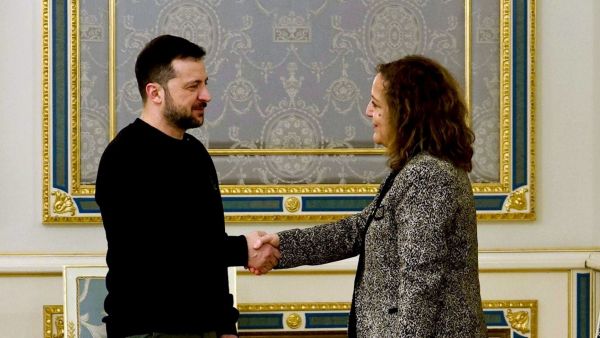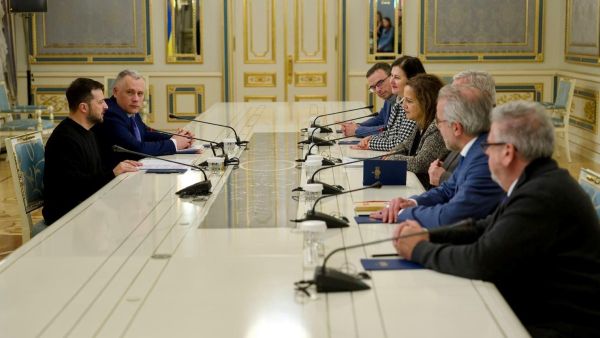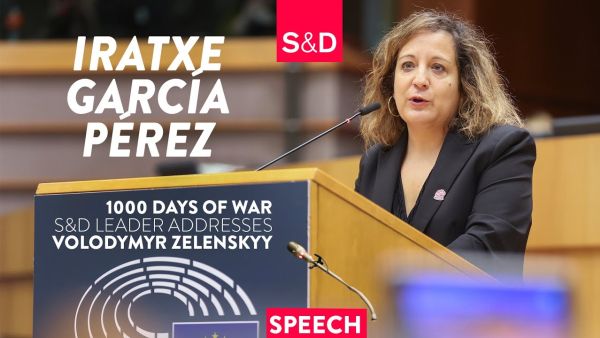In the context of the S&D mission to Cuba, the delegation, led by president Gianni Pittella, met with the Cuban minister for external trade and foreign investments, Rodrigo Malmierca Diaz. In this meeting both parties highlighted the common will to increase political, economic and cultural cooperation between Europe and Cuba, through rapid signature of the Political Dialogue and Cooperation Agreement. President Pittella also urges the US Congress to shift the embargo against the Cuban people.
Gianni Pittella said:
"The S&D Group supports the modernisation and development efforts put in place by the Cuban authorities. The US embargo hampers this process; it should be withdrawn. The embargo represents an unjust and out-dated punishment against the Cuban people. It is time to definitively turn the page on the last century.
"Furthermore, the US embargo limits EU economic activities in Cuba: the US embargo has an impact on EU firms operating in Cuba; therefore even with fully open political relations, if the embargo stands, the real possibilities for trade and investments between Europe and Cuba will remain reduced.
"It is also high time for Europe to speed up the process of signing a Political Dialogue and Cooperation Agreement. The S&D Group always defends dialogue, and has highlighted the unfairness of the fact that Cuba is the only Latin American nation that is not linked to the EU by a legal instrument. The shifting of the embargo in addition to the signature of this agreement will allow the EU to respond more effectively to Cuba’s ongoing process of modernization."
The S&D Group spokesperson on development policy, Norbert Neuser, stated:
"Cooperation between Europe and Cuba is becoming deeper and deeper. The European Commission should undertake to increase the European Development Cooperation Fund of 50 million euro, devoted to cooperation with Cuba, by 2020, especially in the light of the signature of the new agreement. We are interested in increasing cooperation, particularly in the fields of health and education, on programmes developed by Cuba in African and Latin American countries. Despite the embargo, Cuba has succeeded in building an economy able to become a world-power in exporting health services, bio technology and genetic engineering.
"Having said this, we call on the Cuban authorities to invest in cutting red tape and to make it easier for business and foreign investors to operate. In Europe as in Cuba, over-burdensome bureaucracy threats to stifle further development."








